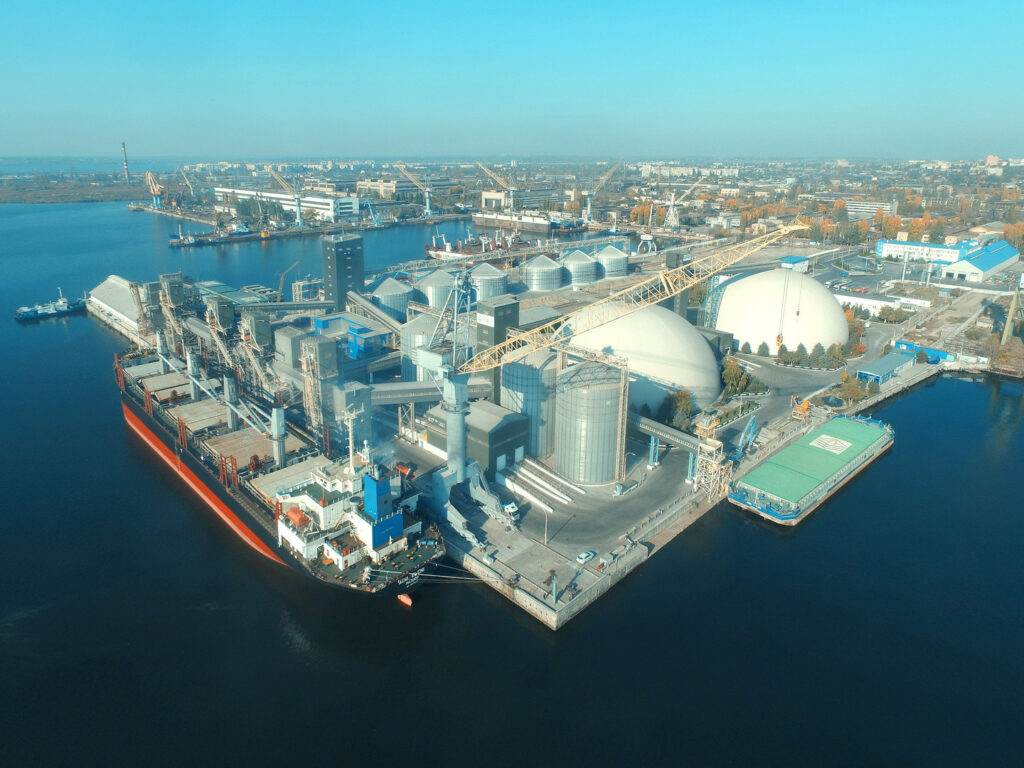Belgium calls on the EU to ban the transshipment of Russian LNG

Belgium called on the countries of the European Union to ban the transshipment of Russian liquefied gas in European ports.
Deliveries of Russian LNG have little effect on energy security in Europe, but help the aggressor country receive hundreds of millions of export revenues, Montel News reports.
“We can help Ukraine, but if at the same time we feed Putin’s coffers, it makes no sense,” commented the spokeswoman of the Belgian Ministry of Energy.
Read also: EU ports will be prohibited from re-exporting Russian LNG
The Minister of Energy of Belgium is convinced that banning overloads with the help of the next package of sanctions against the Russian Federation is the most effective and legally least risky way.
It is about transshipment of LNG between two vessels, either directly or through gas storage facilities. Belgium is a key hub for such operations.
According to IEEFA estimates based on Kpler data, the Belgian port of Zeebrugge handled almost 2 bcm of Russian LNG in the first quarter of the year, while the French port of Montoire de Bretagne handled 0.3 bcm.
Belgian infrastructure group Fluxys, which operates the LNG hub in Zeebrugge, which includes storage for transshipment from Russia, earns around €50 million a year from a long-term contract with Russia’s Yamal LNG that expires in 2039. .
French energy company TotalEnergies and British giant Shell have long-term contracts for 1 million tonnes per year and 0.9 million tonnes per year respectively to ship Russian LNG from Yamal via Montoire-de-Bretagne until 2041.
Tax revenues for the Kremlin related to volumes transhipped at the Belgian port in 2023 could amount to approximately 500 million euros.
Read also: Italy said it could do without Russian LNG





